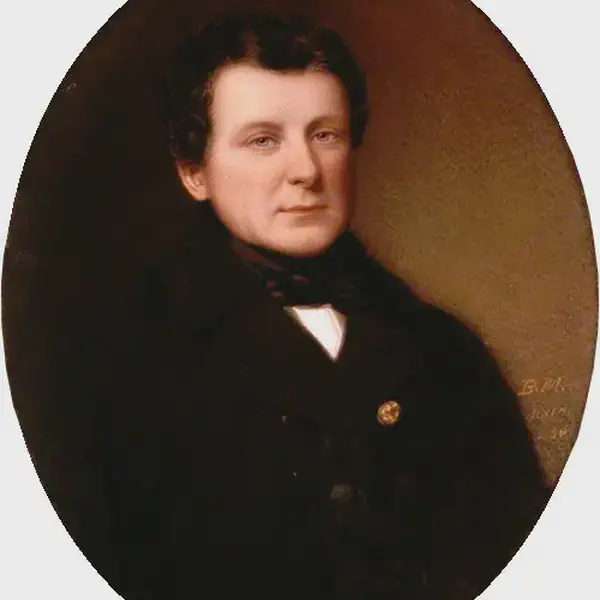
Daniel O'Connell Makes His First Public Speech, Opposing Union With England
January 13, 1800
Daniel O’Connell, the prominent Irish political leader and advocate for Catholic emancipation and Irish self-determination, made his first significant public speech in 1800. This speech was delivered at a meeting of the Catholic Committee in Dublin and marked the beginning of his long and influential career as a champion of civil rights and justice for Catholics in Ireland.
Background
In the late 18th and early 19th centuries, Ireland was marked by religious and political divisions, with Catholics facing significant legal and social discrimination. Catholics were subject to various penal laws that restricted their civil rights and participation in public life.
The Speech
In his speech to the Catholic Committee, Daniel O’Connell passionately argued for the repeal of the penal laws and for greater civil rights and representation for Catholics in Ireland. He eloquently articulated the grievances of Catholics and called for their full emancipation.
Impact
O’Connell’s speech was met with widespread support and marked the beginning of his leadership in the Catholic Emancipation movement. He became known for his powerful oratory and his dedication to the cause of securing civil and political rights for Catholics in Ireland.
Catholic Emancipation
Over the following decades, O’Connell led a campaign that ultimately led to the Catholic Relief Act of 1829, which removed many of the legal restrictions and allowed Catholics to hold public office and serve in Parliament.
Legacy
Daniel O’Connell’s activism and leadership had a profound impact on Irish history and the struggle for Catholic rights. He is often referred to as “The Liberator” for his role in achieving Catholic emancipation.
Daniel O’Connell’s first speech in 1800 marked the beginning of a remarkable career in which he would become one of Ireland’s most influential and revered figures, advocating for justice, civil rights, and political change. His legacy is deeply intertwined with the broader history of Irish nationalism and the fight for Irish self-determination.